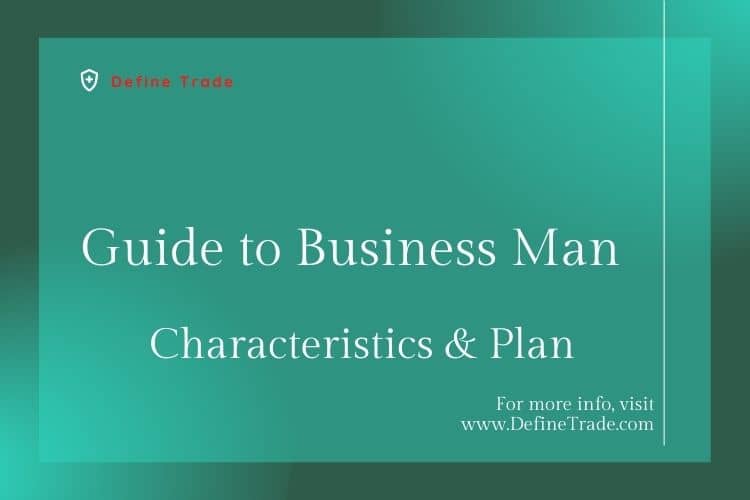Define Businessman with Examples in Every Business

Define Business Man
- Use Direct Eye Contact -When you are speaking to a business contact look directly at them and focus on what they are saying, give them your undivided attention.
- Read their Body Language – 55% of how we process information from others is what they do with their body, even more important than listening to their words is noticing what is happening with their body language.
- Over the Phone– If you are on the phone visualize your business contacts in your mind even in cases when you have never seen them. Generate a picture in your mind of what they may look like, imagine your best friend and treat them the same as if they were in the room with you.
- Concentrate and Stay Focused – What is the message your customer or business contact is trying to convey? Ask questions to be definite and show you understand what is being discussed.
- Don’t Interrupt your Business Contact – Interrupting a business contact when they are speaking is not only rude but means you may miss the most important point the speaker is making. It can be interpreted as you not caring about their view and this is a sure way of damaging their perception of you before you can build a relationship.
- Listen more that you speak – We have two ears and one mouth use them to their rations. When having business conversations do less talking more listening.
- Leave a Brief Pause after the other Person Speaks – Once your business contact has completed their sentence, leave a brief pause. It will give you important time to process what is being said, the listener will know that you are giving them your attention and by listening it shows you are interested.
Business Man Coach Plan
Here are some of the best suggestions on how to select the right business coach for your small business consultant for you – that will lead to a win for both of you:
1. Are you compatible?
Compatibility is essential when you are looking to build a long–term relationship with someone and the same applies to a long-term business relationship. You have to like the person and feel like you can trust them.
2. Are they competent?
You need a consultant that will help you generate results – both short term (under 30 days) midterm (90 – 180 days) and long term (180 days – five years). What experience, training and results have they got that they can bring to the table?
3. Have they or someone on their team actually built a business?
This is where you find the coaches and consultants with true experience – and not theory. Most small business coaches teach how to do the do but aren’t actually taking their own advice so ask questions to learn more about their history and background.
4. Are they invested in you and your business’ welfare?
The best coaches take possession of your business and make it their own. They are the ones that are thinking about your business as much as you do. They are looking at what else you can be doing to improve your results and offering solid advice and strategies to get there.
5. Can they bring you results?
Every coach ought to be able to bring results equal to 3-5X what you invested in the coaching relationship or program. In case you invest $500 a month – you ought to be bringing in at least $1500 a month through the strategies, advice and mentoring provided by your coach.
Though the standards are high, keep in mind that the vision that you have for your business depends on who you surround yourself with and the action you are prepared to take to get there.
